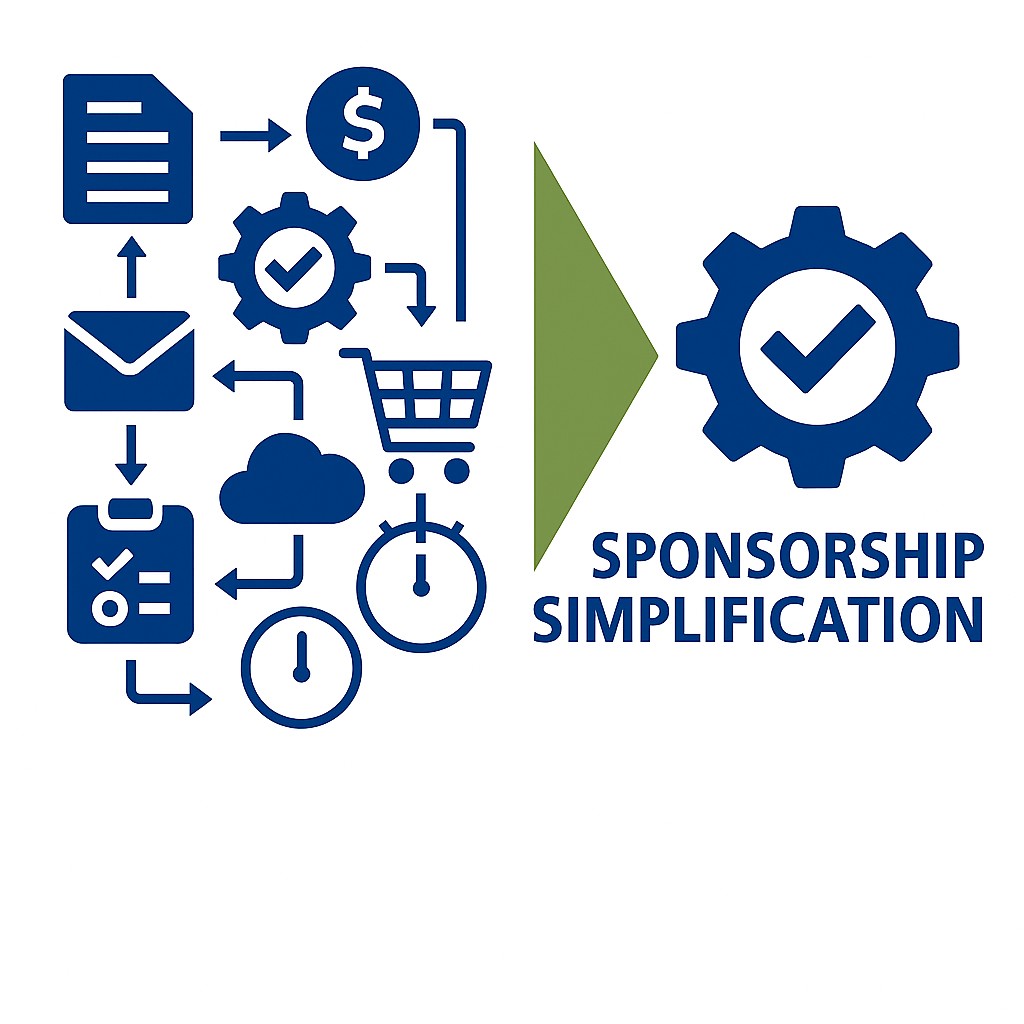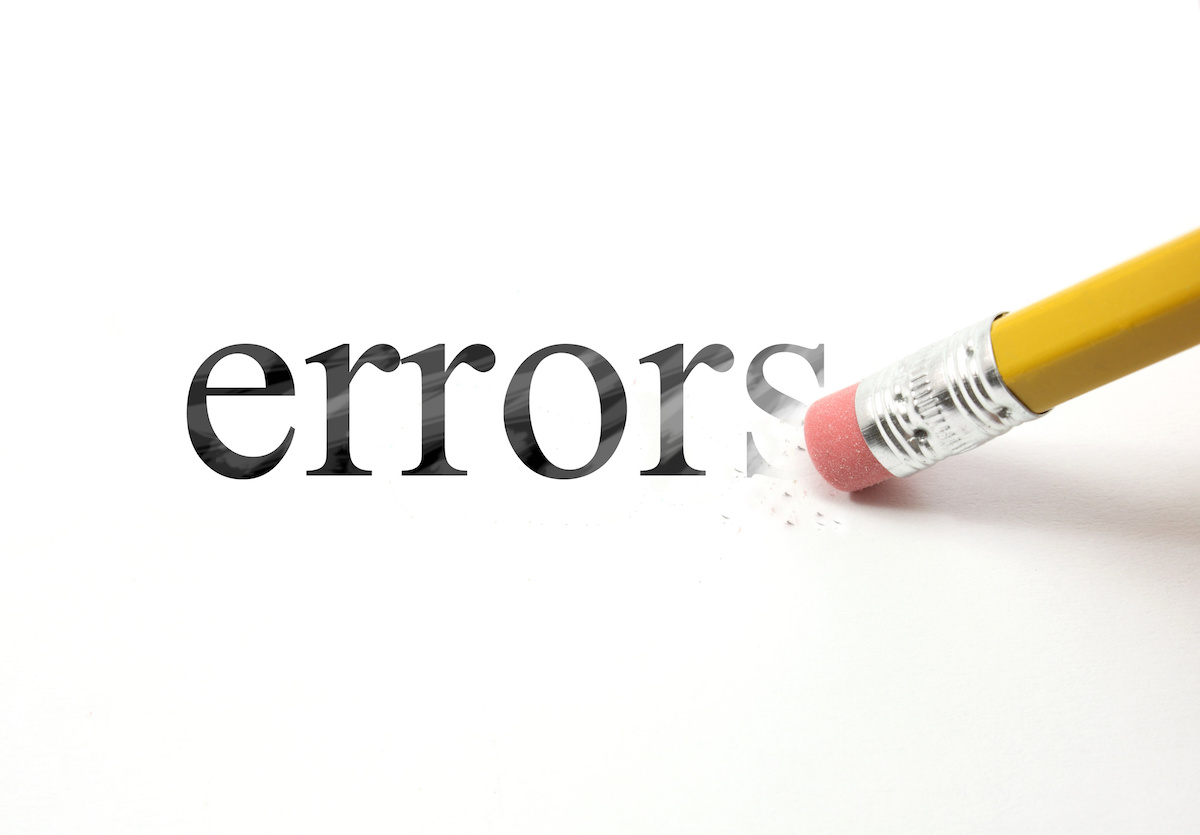
Your Ideas Matter
Jayhawks Elevate is successful because of you. Your ideas make us better. Below are some examples of processes being improved by your peer's ideas. Check out changes being made. Perhaps you have an idea to submit too!
Further Refinement of IT Software Approval Process
Cameron Piercy and David Hansen voiced their concerns with the software approval process. When these issues were brought to the IT and Procurement team, then also realized there was some ongoing frustration across campus with the software approvals process, particularly around repeat reviews and uncertainty about what software was already approved. Faculty and staff were often asked to complete full approval workflows even when tools were widely used or previously vetted.
To address this, KU IT, Procurement, and Financial Services worked together to simplify and clarify the process. One key outcome was confirming that software listed on the IT website (technology.ku.edu) is already considered IT-supported and approved. For other software, the teams aligned on a streamlined approach that allows designated staff in IT and Procurement to approve routine or previously reviewed requests directly, rather than sending everything through a full review.
As a result, software requests now move faster, expectations are clearer, and there is less confusion about when an approval is actually needed. The updated process maintains security and compliance while reducing unnecessary handoffs and improving the experience for faculty and staff.
Fellow Change Agents:
- Cameron Piercy
- Dave Hansen
- Ed Hudson
- Ben Lizak
- John Rinnert
- Esmeralda Phillips
- Luke Raynor
- Erin Sommer
- Aimee Losey
Impact of idea:
- Reduced approval time and fewer handoffs for common software requests, improving turnaround and reducing administrative effort across campus.
- Streamlining routine software approvals could reduce administrative effort by approximately $5,850 per year

Simplifying University Sponsorship Submission
The sponsorship process had grown into two forms, a 3G sponsorship form and a regular sponsorship form. Even though both were accomplishing the same core objective, they created duplication, confusion, and extra coordination. Submitters and processors had to decide which form to use, the team had to maintain two sets of instructions and logic, and the intake and routing steps were not as consistent as they needed to be. Over time, this created avoidable rework, follow-ups, and inconsistent handling depending on which path a request entered through.
To fix this, the team partnered with KU IT Perceptive content team to redesign the sponsorship intake into one consolidated form that covers both 3G and regular sponsorship needs. Alongside the form build, we aligned and updated the downstream process so sponsorship submissions route cleanly through the right Perceptive Content queues/workflow rather than being managed differently based on which form started the request.
The end result is a sponsorship process that is easier to use, easier to maintain, and more consistent for processing teams. Instead of two separate entry points, the campus now has a single standardized intake that supports the full range of sponsorship scenarios and routes them through a clearer queue-based workflow.
Fellow Change Agents:
- Kara McDowell
- Mandy Tucker
- Chris Bell
- Beth Benfield
- Morgan Swartzlander
- Cheryl Harbor
Impact of idea:
- One consolidated form collects the right info the first time, so the team spends less time chasing missing details, correcting misrouted requests, or asking submitters to redo things.
- Standardized queue routing means requests move through the same workflow every time, making processing smoother, reducing pings, and lowering the chance something stalls because it entered through the wrong path.

Improving the VA Early Release of Sponsorship Funds Workflow
This idea began when staff noticed students receiving both sponsorships and VA benefits were sometimes getting incorrect refunds. Sponsorships were added so financial aid could disburse, but because the process relied on a shared spreadsheet and manual communication, the sponsorships were not always removed before VA payments arrived. This led to refund errors, repayment arrangements, and extra administrative work for staff.
To fix the issue, Tamara, Adam, and Mandy designed a clearer workflow in Perceptive Content, replacing the old manual spreadsheet process. Through our meetings, the team refined this workflow so sponsorships now move through a structured, system-driven sequence. Adam receives the workflow, adds the sponsorship, and then releases it once Tamara confirms that financial aid has disbursed. This eliminated the timing gaps that were causing refund mistakes.
Since implementing the workflow, the original problem has been resolved. Refund errors have stopped, students are no longer put in difficult financial situations, and staff no longer have to track repayments or depend on shared spreadsheets. The result is a more accurate, efficient, and streamlined process that benefits both students and the university.
Fellow Change Agents:
- Mandy Tucker
- Adam MacGregor Phillips
- Tamara Horner
Impact of idea:
- VA students will not have inaccurate accounts and will not accidentally receive incorrect refunds.
- Staff no longer spend hours correcting accounts, fixing refund errors, or contacting students to recover overpaid funds.

Cross Campus Employee Payments
Tirzah noticed when attempting to make award payments to KUMC GRAs that these payments could take up to 6 months to get processed. When trying to find out where the payment troubles were, she couldn't identify what approvals or steps were being missed. This was causing frustration for our GRAs and staff. After working with both KU and KUMC payroll teams it was discovered the award payments were getting caught up in HR workflow approvals in Workday. Departments often believed payments required cost center approval even when funding was already secured, which created unnecessary denials, inconsistent visibility, and frustration for both staff and students. After reviewing the workflow and meeting with stakeholders at KUMC, Payroll, HR, and Finance, KUMC was able to approve a process change that centralizes the entry and approval workflow within Payroll.
When a KU entity is making an additional compensation payment to the KUMC employee in the future the payment will be submitted through KU payroll and once approved the KUMC Payroll team will enter and approve which will bypass the unnecessary approvals with the old process. This change reduces the number of internal touch points, eliminates the cost center bottleneck, and ensures payments hit the next available payroll cycle within a reliable process. This should resolve the visibility problems and shorten the payment timeline.
Fellow Change Agents:
- Tirzah Branwen-Williams
- Neatha Snyder
- Julia Higgerson
- Penny Kellum
Impact of idea:
The change will greatly increase the speed of additional compensation being given to cross-campus employees. These payments now will move directly from KU to KUMC and promptly be added to the next payroll cycle. Students and Staff should see less time monitoring and waiting on internal payment processes to be completed.

Automated PO Management Report
Nolan Haire and Dona Jurgensen identified an opportunity to improve efficiency by managing purchase orders (POs) proactively throughout the year rather than only at year-end. As POs increasingly support automated invoice payments, monitoring their liquidation status is essential. Invoices can be delayed when POs close unexpectedly because departments are not regularly checking them in OAC.
To address this, the team partnered with FMS to develop an automated report that flags POs nearing full expenditure. This report is distributed weekly to the AP team, enabling timely outreach to requestors for adjustments or closure decisions. By eliminating the need to manually review POs in OAC, the process ensures proactive management and reduces payment delays.
Fellow Change Agents:
- Nolan Haire
- Dona Lee Jurgensen
- Matt Lawrence
Impact of idea:
- Fewer invoices being stopped and manually researched on POs
- Proactive management of POs throughout the year rather than only at year-end
